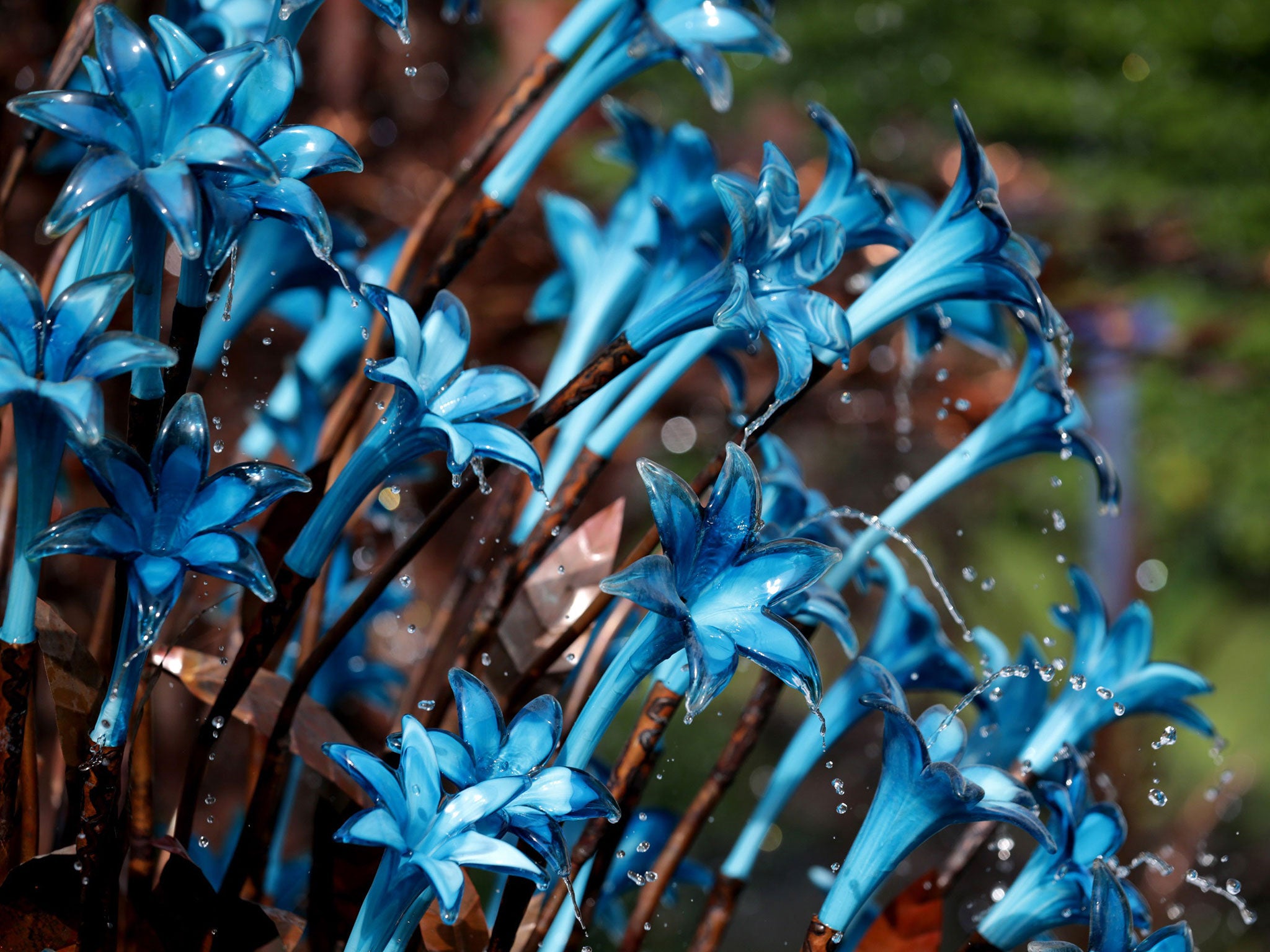Three times as many front gardens completely paved as a decade ago, says Royal Horticultural Society
The RHS called on householders to turn away from gravel, paving and concrete and brighten up the front of their houses with plants, shrubbery and grass

Your support helps us to tell the story
From reproductive rights to climate change to Big Tech, The Independent is on the ground when the story is developing. Whether it's investigating the financials of Elon Musk's pro-Trump PAC or producing our latest documentary, 'The A Word', which shines a light on the American women fighting for reproductive rights, we know how important it is to parse out the facts from the messaging.
At such a critical moment in US history, we need reporters on the ground. Your donation allows us to keep sending journalists to speak to both sides of the story.
The Independent is trusted by Americans across the entire political spectrum. And unlike many other quality news outlets, we choose not to lock Americans out of our reporting and analysis with paywalls. We believe quality journalism should be available to everyone, paid for by those who can afford it.
Your support makes all the difference.A tidal wave of grey is increasingly sweeping away the greenery of Britain’s front gardens, according to the Royal Horticultural Society – warning that reversing the trend was “vital” to the nation’s health.
Three times as many front gardens are now completely paved over compared to a decade ago – amounting to a total 15 million square miles – found new research released today by gardening charity.
The RHS, which organises the Chelsea Flower Show opening today, said the report was a call to arms for the nation to “transform hard, cold grey areas into living planted up beautiful places”.
It has called on householders to turn away from gravel, paving and concrete, now used in almost a quarter of British front gardens, and brighten up the front of their houses with plants, shrubbery and grass for the public good.
Reversing the trend that has seen 4.5 million front gardens totally paved over is “vital for the nation’s health”, the RHS said, “for wildlife, to mitigate against pollution and heat waves and to protect the UK’s homes from flooding”. One in three front gardens have no plants growing in them, according to the report called Greening Grey Britain, which looked at front gardens in 2005 and this year.
The society also believes planting can help boost community spirit among neighbours in the street as they can socialise while they tend their front gardens, saying “it’s a very good way of connecting people”.
Alistair Griffiths, director of science at the RHS, said the charity “had an idea of the increase in paving front gardens, but not as much as this. We need to tackle this issue and while plants won’t solve the whole thing, they are certainly part of the answer”.
The proportion of those with paved, concreted or gravelled their front garden have tripled in a decade from 8 per cent of respondents in 2005 to 24 per cent this year.
Mr Griffiths suggested the trend was driven by an increasing disconnection people have with the natural world, and people feel gardening is too much of a challenge.
Paving over front gardens may seem of little consequence but it has a “surprising” impact on the wider environment, the RHS said. Gardens can soak up rain, but paving, tarmac and concrete are less porous, that water often flows into street drains which cannot always cope with the excess amount in a storm and can cause flooding.
RHS director-general Sue Biggs, said that whatever the pressures to pave “there is always room for plants”.
She added: “We need to urgently increase plants in urban environments, and better understand how to select and use ornamental plants, not reduce them.” Losing greenery also means the streets are less able to regulate urban temperatures, the report said. Hard surfaces absorb heat in the day and release it at night making it hot.
Londoners were the worst culprits for paving over their front gardens, the report found, with half paved over, up 36 per cent over a decade.
The only region to reduce the number of paved gardens was the North-east, which boosted planted front gardens by 50 per cent.
The RHS has also called for more female designers to apply to the Chelsea Flower Show, after it was reported that just a third of the top gardens over the past 10 years have been designed by women.
Join our commenting forum
Join thought-provoking conversations, follow other Independent readers and see their replies
Comments